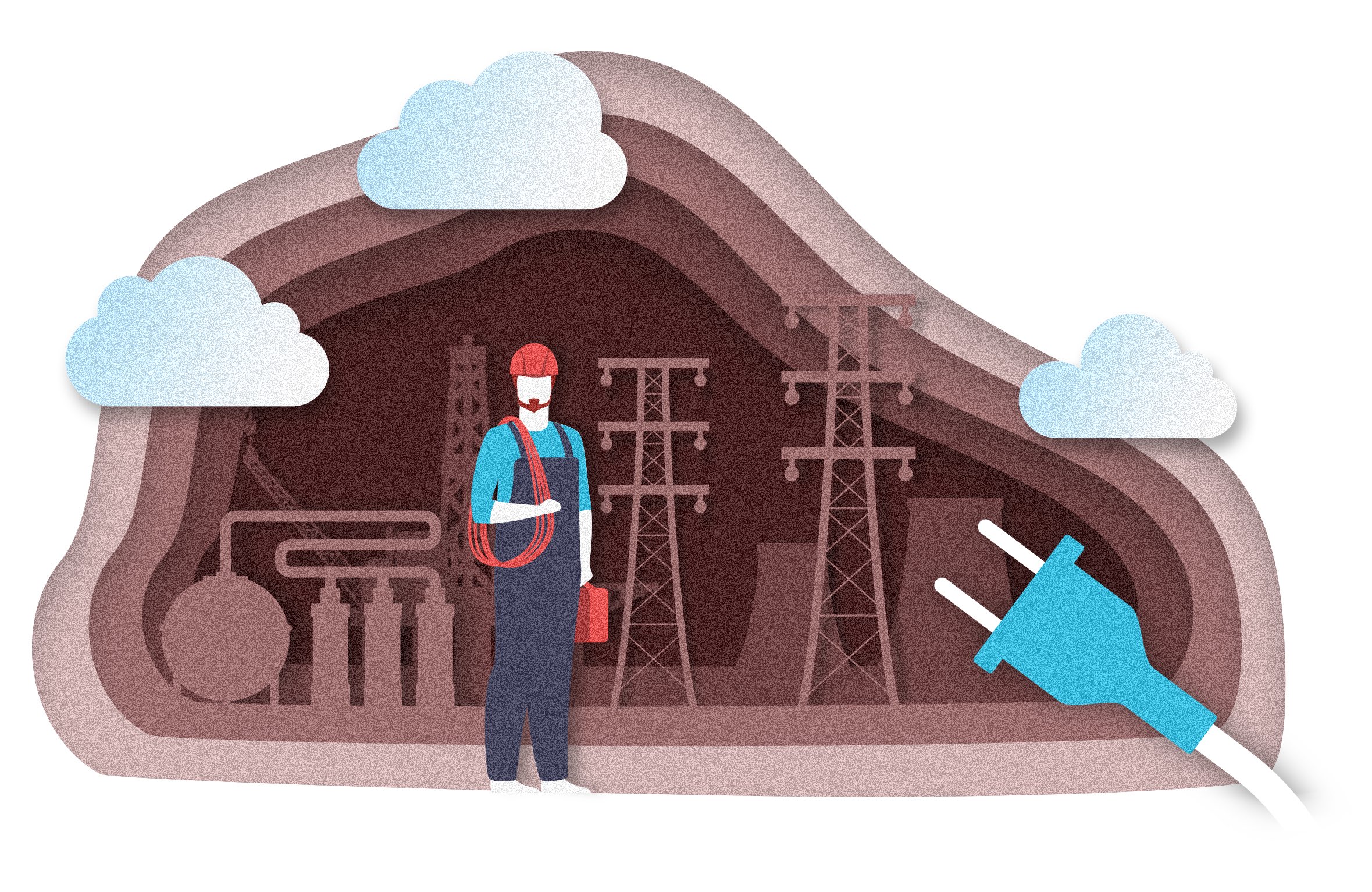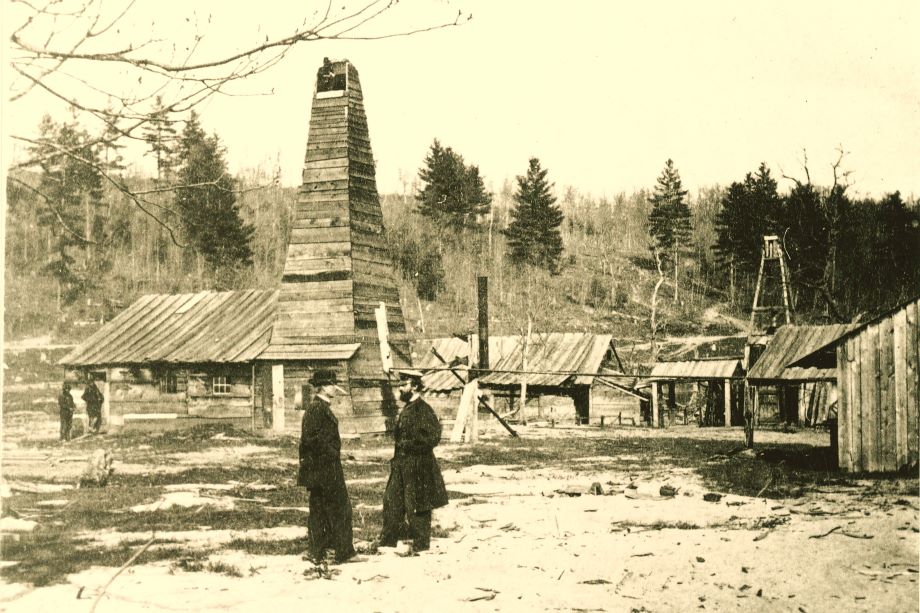National Academies Releases New Report Exploring the Impact of COVID-19 on the Careers of Women in Academic STEMM
National Academies Releases New Report Exploring the Impact of COVID-19 on the Careers of Women in Academic STEMM
Last week, the National Academies of Sciences, Engineering, and Medicine’s Committee on Women in Science, Engineering, and Medicine (CWSEM) released a new report on the Impact of COVID-19 on the Careers of Women in Academic Sciences, Engineering, and Medicine. The report takes a deep look at how COVID-19 had both positive and negative impacts on the careers of women in academic STEMM, and how these impacts may shape the future for women in these fields.
The report argues that the principles and resilience of STEMM higher education “can be fully realized only if the well-being of women in these fields does not significantly suffer from the COVID-19 pandemic and other disruptions.” This assertation was based on the report’s documentation of how the COVID-19 pandemic added to and amplified gendered expectations for women in academic STEMM. The report itself is based on five unique papers commissioned especially for the purpose of this report, each focusing on how the pandemic affected women in STEMM academics in specific areas. The five areas the papers—and therefore the report—explore are:
In assessing each of these papers, the report then lists 12 major findings in the following categories:
For more in each of these categories on how the COVID-19 pandemic has impacted the careers of women in academic STEMM read the full report, which can be downloaded free of charge at: https://www.nap.edu/catalog/26061/impact-of-covid-19-on-the-careers-of-women-in-academic-sciences-engineering-and-medicine.
The report was sponsored by the National Science Foundation (NSF), the National Institute of Standards and Technology (NIST), and the National Institutes of Health (NIH), along with the Alfred P. Sloan Foundation and the Doris Duke Charitable Foundation.
The report argues that the principles and resilience of STEMM higher education “can be fully realized only if the well-being of women in these fields does not significantly suffer from the COVID-19 pandemic and other disruptions.” This assertation was based on the report’s documentation of how the COVID-19 pandemic added to and amplified gendered expectations for women in academic STEMM. The report itself is based on five unique papers commissioned especially for the purpose of this report, each focusing on how the pandemic affected women in STEMM academics in specific areas. The five areas the papers—and therefore the report—explore are:
- Tenure Clocks, the Evaluation of Productivity, and Academic STEMM Career Trajectories;
- Boundary Management, Work-Life Integrations, and Household Labor;
- Collaboration, Mentorship and Sponsorship, and the Role of Networks and Professional Organizations;
- Academic Leadership and Decision-Making; and
- Mental Health and Well-being of Women in STEMM.
In assessing each of these papers, the report then lists 12 major findings in the following categories:
- Women’s Representation in STEMM
- Work-Life Boundaries and Gendered Divisions of Labor
- Academic Productivity
- Intersectionality and Equity
- Confluence of Social Stressors
- Collaborations
- Institutional Responses
- Networking and Professional Societies
- Academic Leadership and Decision Making
- Mental Health and Well-being
For more in each of these categories on how the COVID-19 pandemic has impacted the careers of women in academic STEMM read the full report, which can be downloaded free of charge at: https://www.nap.edu/catalog/26061/impact-of-covid-19-on-the-careers-of-women-in-academic-sciences-engineering-and-medicine.
The report was sponsored by the National Science Foundation (NSF), the National Institute of Standards and Technology (NIST), and the National Institutes of Health (NIH), along with the Alfred P. Sloan Foundation and the Doris Duke Charitable Foundation.




